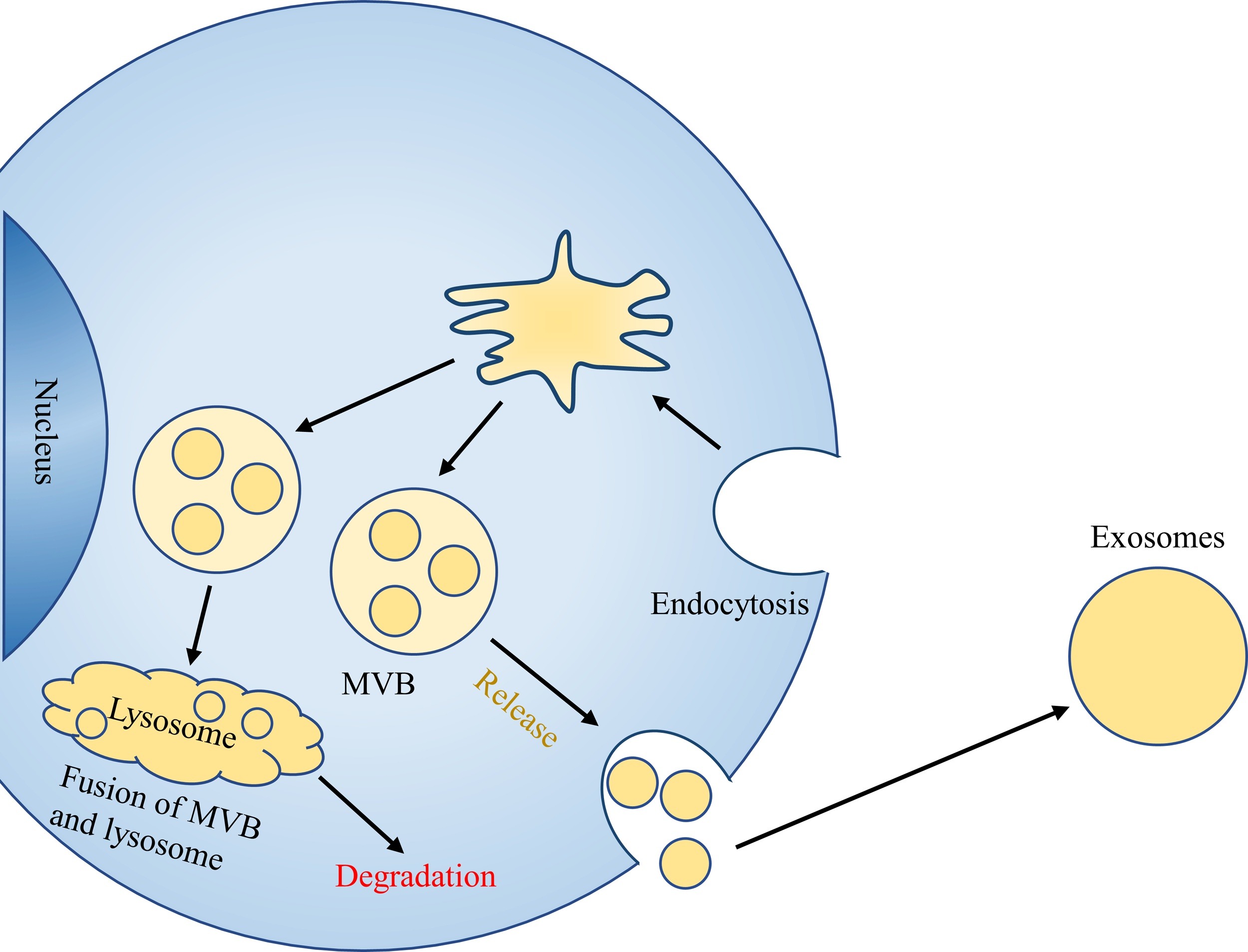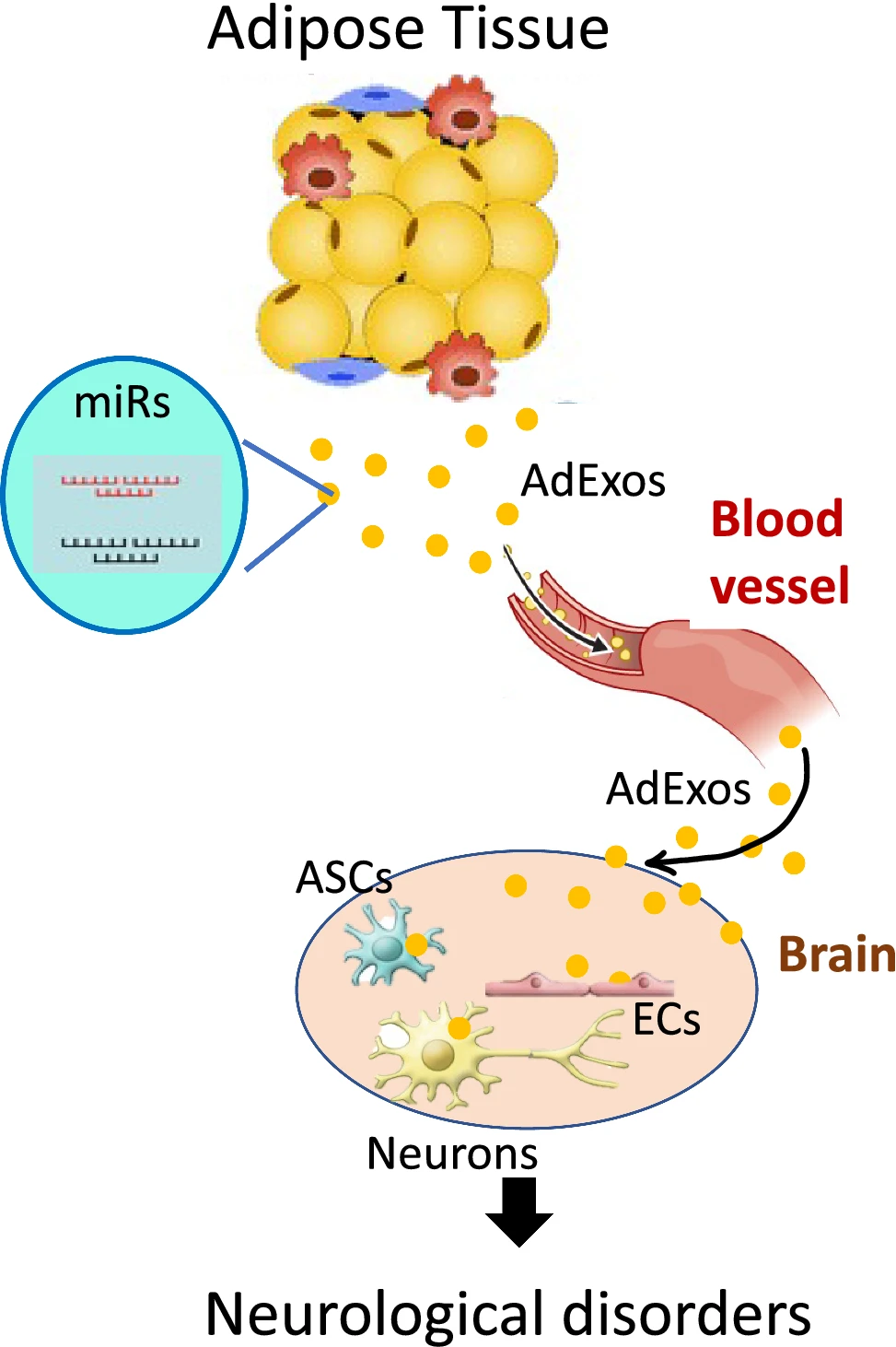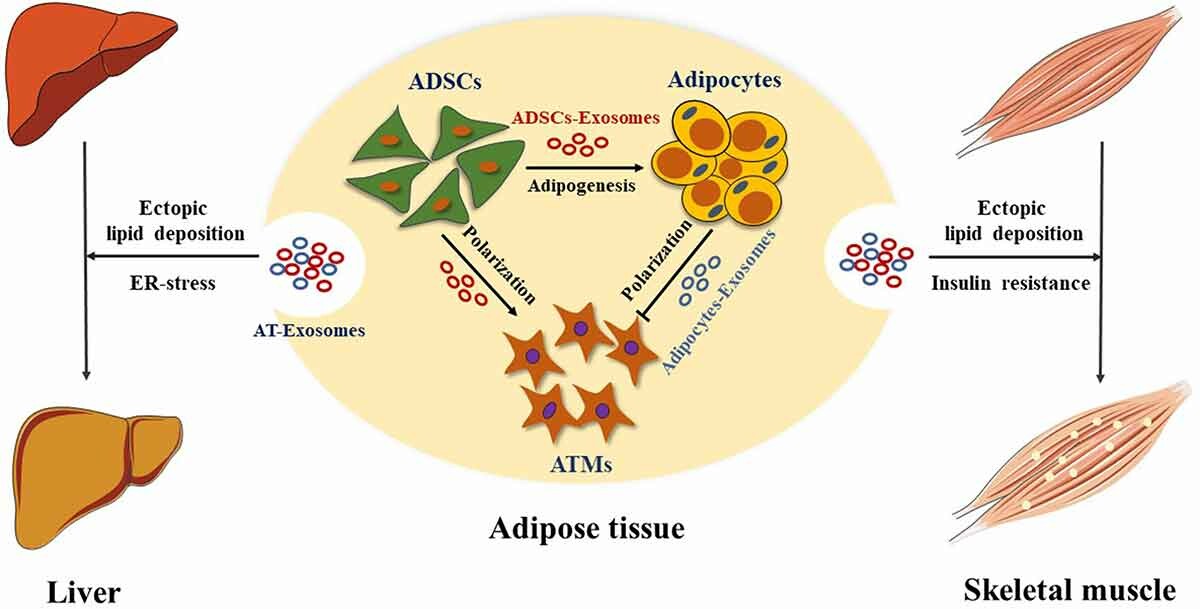Tissue Exosome related Functional Research and Verification Service
Tissue exosome related functional research and verification is primarily used to analyze and verify the functional characteristics extracted from tissue-derived exosomes. Exosomes are small vesicles secreted by cells that carry proteins, lipids, RNA, and other molecules, enabling them to participate in intercellular communication and influence various biological processes. This service employs advanced technologies such as nanoparticle tracking analysis (NTA), transmission electron microscopy (TEM), and proteomics analysis to explore the roles of exosomes in cell function, signal transduction, and immune regulation.
Tissue exosome related functional research and verification service is widely applied in tumor research, immunology, neuroscience, and regenerative medicine. Through the characterization and functional validation of tissue-derived exosomes, the service can reveal their potential roles in tumor metastasis, immune evasion, and neurodegenerative diseases, providing important data support for the in-depth understanding of disease mechanisms and the development of related therapeutic strategies. At the same time, this service also facilitates the application of exosomes as biomarkers in clinical diagnosis and treatment monitoring.

Zhao, X Y. et al. Biomedicine & Pharmacotherapy, 2020.
Figure 1. Intracellular Process of Exosome Biogenesis and Secretion.
Services at MtoZ Biolabs
Based on multiple advanced instruments, the tissue exosome related functional research and verification service provided by MtoZ Biolabs enables the study and validation of the biological functions of tissue-derived exosomes. The service includes the use of flow cytometry (FACS) to analyze surface markers of exosomes, nanoparticle tracking analysis (NTA) to measure particle size and concentration, and transmission electron microscopy (TEM) to observe morphological features of exosomes. In addition, proteomics analysis is employed to evaluate functional molecules within exosomes and to investigate their roles in intercellular communication, immune regulation, and disease progression. These methods ensure the acquisition of high-resolution, accurate, and reproducible data, providing a reliable foundation for functional studies of exosomes.
Service Advantages
1. Multi-Technology Integrated Analysis
By combining advanced instruments such as flow cytometry (FACS), nanoparticle tracking analysis (NTA), and transmission electron microscopy (TEM), comprehensive characterization and functional analysis of exosomes can be achieved.
2. Accurate Quantification and High-Resolution Data
High-resolution detection technologies ensure the precise and reproducible measurement of exosome particle size, concentration, and surface markers.
3. In-Depth Functional Validation
The service not only analyzes the basic characteristics of exosomes but also integrates proteomics to explore their roles in biological processes such as signal transduction and immune regulation.
4. Customized Service Solutions
Flexible analytical strategies are offered based on the client's research needs, helping to address specific scientific questions and supporting functional studies and applications across diverse fields.
Applications
1. Cancer Research
Tissue exosome related functional research and verification service enables the analysis of tissue-derived exosomes to explore their roles in tumor metastasis, immune evasion, and the tumor microenvironment, providing new therapeutic targets and biomarkers for cancer treatment.
2. Neuroscience
This service facilitates the investigation of exosome functions in neurodegenerative diseases such as Alzheimer’s and Parkinson’s, providing novel strategies for diagnosis and treatment.
3. Immunology Research
Tissue exosome related functional research and verification service can be used to uncover the roles of exosomes in immune regulation, exploring their potential involvement in immune responses, immune tolerance, and autoimmune diseases.
4. Clinical Biomarker Development
As potential biomarkers, exosomes aid in the development of novel diagnostic tools for early disease detection and therapeutic monitoring.
Case Study
1. Role of Exosomes in Mediating the Cross-Talk Between Adipose Tissue and the Brain
This study aimed to investigate the role of adipose tissue-derived exosomes in regulating brain function, with a focus on validating their function in inter-organ signal transmission. The study subjects included mouse models and human adipose tissue-derived exosomes. Methods such as nanoparticle tracking analysis (NTA), transmission electron microscopy (TEM), miRNA sequencing, Western blotting, and neuron co-culture assays were used to analyze the characteristics of the exosomes and their impact on the nervous system. The results showed that adipose tissue releases exosomes containing various miRNAs, which can cross the blood-brain barrier and be taken up by neurons, thereby modulating inflammatory responses and synaptic functions. In obese conditions, inflammation-related miRNAs were upregulated in exosomes, significantly inducing neuroinflammation and cognitive impairment. The study concluded that adipose tissue-derived exosomes serve as key mediators of fat-brain axis communication, and their functional molecules can directly influence brain inflammation and neural activity. This highlights the critical role of tissue exosomes in regulating distant organ functions and provides new insights into brain dysfunctions associated with metabolic diseases.

Yerrapragada, S M. et al. NeuroMolecular Medicine, 2022.
Figure 2. Schematic Diagram of the Role of Exosomes from Adipose Tissue in Neurological Diseases.
2. Composition, Isolation, Identification and Function of Adipose Tissue-Derived Exosomes
This study aimed to review the functional characteristics and validation methods of adipose tissue-derived exosomes (AT-Exos), and to explore their biological roles in inter-tissue communication. The research focused on exosomes derived from both white and brown adipose tissues, which were isolated using ultracentrifugation and density gradient centrifugation. Characterization and functional validation were conducted using techniques such as transmission electron microscopy (TEM), nanoparticle tracking analysis (NTA), and Western blotting. The results showed that AT-Exos are rich in functional miRNAs, proteins, and lipids, and can enter target cells via endocytosis or membrane fusion, playing key roles in regulating inflammation, insulin sensitivity, lipid metabolism, immune responses, and tumor development. Multiple experimental validations confirmed that these exosomes can transmit signals between local and distant organs, influencing gene expression and cellular functions in recipient cells. The study concluded that adipose tissue-derived exosomes are vital mediators of intercellular communication, with their functions confirmed by various experimental models, providing an essential foundation for studying metabolism-related diseases and developing exosome-based targeted therapies.

Zhao, R. et al. Adipocyte, 2021.
Figure 3. AT-Exosomes Modulate ATMs Polarization and Adipogenesis in Adipose Tissue, Liver and Skeletal Muscle.
FAQ
Q1: What Types of Samples Are Required for the Tissue Exosome related Functional Research and Verification Service?
A1: We accept various types of tissue samples, including tumor tissues, normal tissues, and organ tissues. Samples should be as fresh as possible and undergo proper processing, such as low-speed centrifugation to remove cell debris. It is recommended to provide sterile, non-thawed samples and avoid repeated freeze-thaw cycles to preserve the integrity of the exosomes. If the sample quantity is limited, we advise contacting us in advance so we can provide specific guidelines for sample handling and quantification.
Q2: How Do I Choose the Appropriate Analysis Plan?
A2: Our service supports modular selection, allowing clients to choose individual tests or combined analysis packages based on their research goals. Different scientific questions may require different analytical approaches, so we offer technical consultation to help tailor the most suitable analysis strategy according to your experimental needs. Whether you require basic exosome characterization or in-depth functional validation, we are equipped to provide professional guidance and comprehensive support.
How to order?







